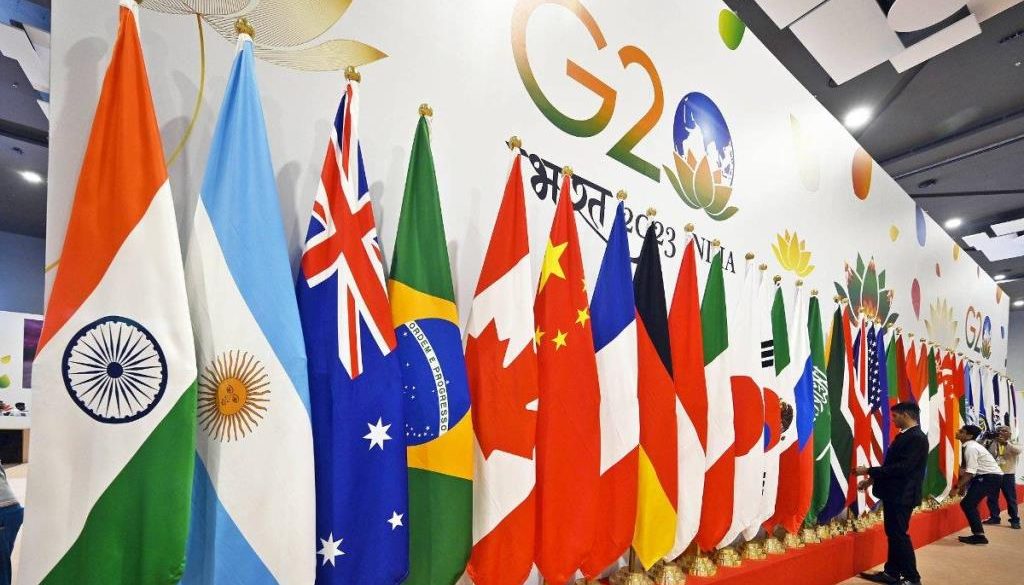the ever-shifting landscape of global economic governance, the recent G20 summit in India has not only marked the ascendancy of a major power but also exposed the deep-seated challenges of a world in transition. As we move from a unipolar to a multipolar reality, this report unpacks the intricacies of persistent global governance failures and advocates for ambitious reforms, with a keen focus on the G20 and the Bretton Woods institutions.
The G20 Summit and Its Unfulfilled Promise:
Despite the fanfare surrounding India’s G20 summit and concurrent UN General Assembly meetings, there’s a palpable lack of optimism regarding substantive progress. The summit’s failure to avert an anticipated low-growth decade is emblematic of broader systemic issues. Even with the admission of the African Union as a full member, the Global South found scant relief for its crippling debts. Furthermore, the summit fell woefully short in addressing the monumental climate financing gap, a stark reminder of the challenges posed by climate change and the lack of coordinated global action.
Rise of Protectionism and the Diminishing G20:
The geopolitical stage witnessed the erection of new “iron curtains” between China and the West, signaling a future characterized by “one world, two systems.” This surge in protectionism accompanies the G20’s relegation from its once exalted status as the premier global economic cooperation forum. As we transition from a hyper-globalized economy to “globalization lite,” the G20’s decline mirrors the broader shift from neoliberalism toward a more nuanced form of neo-mercantilism.
Economics vs. Politics: A Fundamental Reversal:
For the past three decades, economic considerations largely determined political decision-making. However, a seismic shift is underway, with politics—increasingly nationalist—taking the reins of policymaking. This shift from “win-win” economics to zero-sum politics is not merely theoretical; it’s reshaping the very foundations of global economic governance.
Bankers’ Dilemma: Navigating Uncertainty and Protectionism:
For bankers holding executive positions, these seismic shifts carry profound implications. The retreat of the G20 and the rise of protectionism challenge the collaborative, coordinated approaches that have defined global economic cooperation. As political decisions drive economic policies, a new era of uncertainties unfolds, demanding a reevaluation of strategies and a heightened focus on the resilience of financial institutions.
The Arab World: Navigating Global Dynamics:
In the Arab world, intricately connected to global economic dynamics, these shifts resonate deeply. Arab economies must now navigate a complex and evolving landscape, considering the potential repercussions of a diminishing G20 and the rise of protectionist measures on trade, investment, and geopolitical alliances.
Conclusion: A Proactive Call for Reform:
In conclusion, this report serves as a clarion call for bankers in executive positions to remain vigilant in navigating the unfolding global economic realities. The challenges presented by the retreat of the G20 necessitate not only a reactive stance but a proactive reevaluation of strategies, emphasizing the critical importance of global cooperation in the face of mounting uncertainties. As economic and political landscapes continue to evolve, strategic adaptability and foresight will be the bedrock of resilient financial systems globally and in the Arab world.



